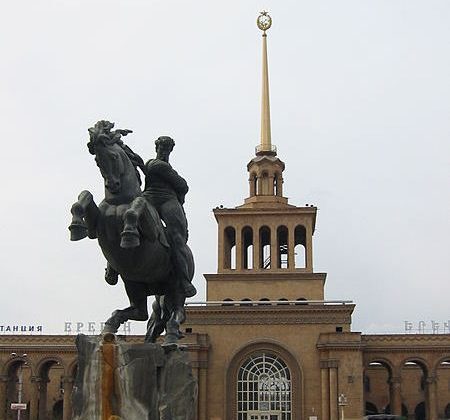(Eurasia Daily Monitor)—The dramatic resolution of the fiscal-political crisis in the United States was barely noticed in Moscow last week (October 16–17) as two dissimilar events of a local character but heavy resonance focused public attention. The first one was a mass riot in the Moscow suburb of Biryulyovo (see EDM, October 17), triggered by a fairly conventional murder that escalated into a nationalistic pogrom, which the riot police suppressed only by mobilizing all available forces (http://rt.com/news/moscow-
The riot in Bilryulevo cannot be called unexpected as violent incidents involving migrants from the North Caucasus and diasporas from Central Asia have been happening in Moscow suburbs and indeed in many Russian cities increasingly often since the first major outburst in Kondopoga, Karelia, in September 2006 (Nezavisimaya Gazeta, October 15). The angry, few thousand–strong crowd’s main target for attack was this time a large vegetable storage warehouse that allegedly employs hundreds of illegal migrants under the protection of local authorities and police (Moskovsky Komsomolets, October 16). Several low-ranking siloviki (security services) personnel were instantly fired and the warehouse was closed; but these “decisive” measures cannot begin to address the problem of the colossal “gray” economy in Moscow based on the exploitation of essentially slave labor from Central Asia (http://www.forbes.ru/mneniya-
See the full article | © Eurasia Daily Monitor











